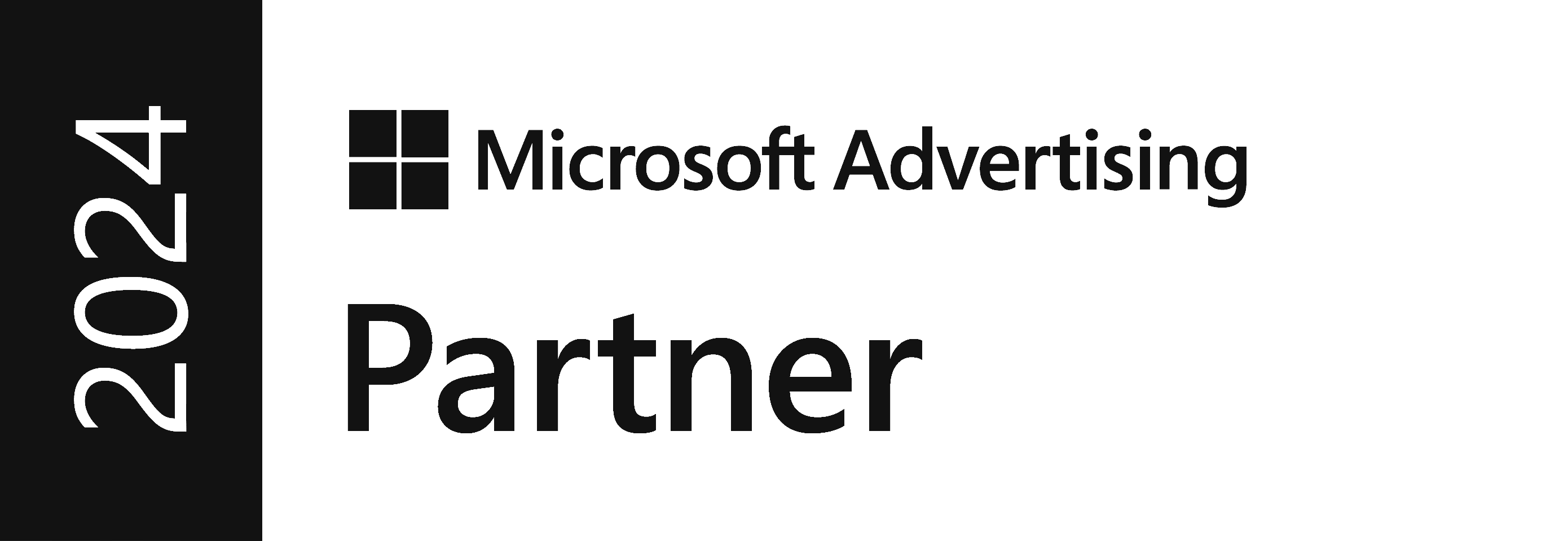Optix Sustainability Report 2021
The Start of Optix Sustainability
Optix Sustainability was set up by James Dawkins and the programme is centred around supporting our own bee colonies to promote wildlife diversity. The team here at Optix maintain a local Devon-based apiary, a collection of beehives, and wildflower meadow, which helps create a positive environmental influence through pollination of plants by bees, as well as providing a habitat to animal species. James and the team here at Optix set up the Sustainability programme to inspire other individuals and companies to increase their own sustainable impact, which will help preserve local resources for future generations.
On top of Optix Sustainability, we also work with the University of Exeter Green Consultants. The Green Consultant programme provides students with the training to work as an environmental/sustainability consultant and offers an Exeter-based internship to each student, to put into practice what they have learnt in the realm of sustainability auditing. Partnering with organisations such as the University of Exeter is critical to spreading the word about sustainability and we couldn’t be more thrilled to be working alongside them on this programme.
The details below are taken from a Sustainability Report created for Optix by Olivia Arden of the University of Exeter.
How We’re Doing Our Part
We don’t have an extensive energy usage due to steps taken to improve energy consumption. For example, we don’t have air conditioning and open windows as and when needed, with any energy we do use being supplied by Opus Energy, who provide 100% renewable and clean energy in the form of electricity from solar, wind, hydro and anaerobic digestion (AD) sources. As well as this, sustainable travel is hugely encouraged at Optix, the team works on a hybrid model, so we travel into and out of work when it is required. However, should we need to go into the office we will, where possible, walk, cycle or take public transport.
In previous instances, the Optix team have worked with international clients and meetings would often be held abroad with employees flying out of the country. However, we have since learnt the importance of sustainability with both local and international clients and now hold the majority of these meetings online, using platforms like Zoom and Microsoft Teams. As well as helping to reduce our carbon footprint, this also ultimately saves time, money and massively reduces environmental impacts, especially since air travel is extremely pollutive.
Reducing the amount of waste heading to landfill is vital, due to the release of greenhouse gases as the waste decomposes, and luckily many companies employ efficient waste recycling strategies. Optix is no exception, with recycling bins based on product type, for example carboard or plastic, in the office.
At Optix, we also feel that it is extremely important to work with clients who are just as passionate about environmental sustainability and we feel that in today’s current climate, that is an extremely vital concept every company must take into consideration.
The Culture at Optix
Ensuring the entire team understands the role of sustainability within the business is vital. As well as this, we always make sure that members of the Optix team are consulted monthly regarding sustainable practice within the company, and are encouraged to give their ideas, thoughts and opinions on ways to improve certain aspects of this topic. We here at Optix feel that it is necessary to create a work environment where you can feel comfortable talking about issues such as these and encourage discussion and feedback, as a strong and happy team is the foundation for any great business.
What’s Next?
As well as reviewing our current sustainability credentials, Oliva highlighted areas in which we can improve. These are summarised below:
External Audits – Continue with external sustainability auditing which can offer novel opportunities to target the sustainability goals which are often overlooked by internal employees.
Social Sustainability – Social sustainability ensures the company recognises the importance of relationships with people and society and the impacts of the business, both positive and negative, on society.
Technology – Targeting technology is often overlooked when working out how to improve sustainability, though there are ways it can be used to reduce environmental impact.
Employee Engagement – Providing dedicated time for employees during work hours to learn more about sustainability through online courses on sites including FutureLearn, OpenLearn and LinkedIn Learning can improve understanding and commitment to sustainable practice.
Working From Home – Adopting a hybrid strategy of work means that whilst sustainability in the office is still essential, sustainability at home is of increasing importance.
Business Banking – Though international banks are becoming more aware of their environmental impacts due to pressure from stakeholders, they continue to often invest in companies with dissimilar sustainability values from Optix. Consider seeking out alternative banking options.

1st Floor, Alphin Brook House,
Alphin Brook Road,
Exeter EX2 8RG
MORE THAN
Digital
Marketing.
View our sustainability page.
PPC for B2B
PPC for Law Firms
PPC for Luxury Ecommerce Brands
PPC for Travel and Tourism
GEO Audit





